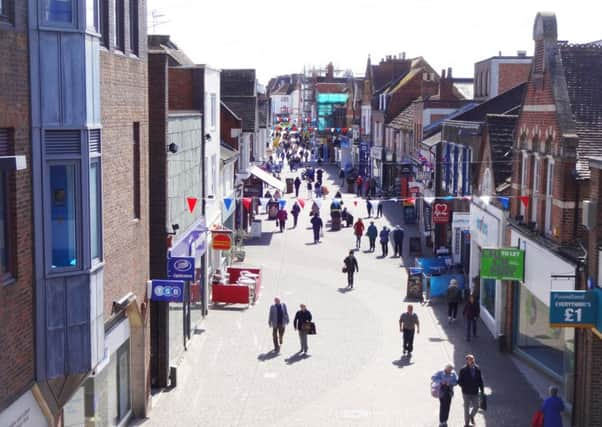Horsham religious beliefs revealed


In Horsham, 56 per cent of people identified as Christian, according to the ONS, which is lower than the national average of 57 per cent.
Christianity has been steadily declining in Horsham in recent years. The latest figures were gathered in 2015 and they show the number of people who described themselves as Christian has dropped from 70 per cent in 2011, a decrease of 14 percentage points.
Advertisement
Hide AdAdvertisement
Hide AdMeanwhile, the number of people who say they have no religion stands at 41 per cent.
No data on the number of Muslims or those belonging to “other religions”, including Judaism, Hinduism and Sikhism, were recorded at the last survey.
Christianity is in decline throughout the UK, according to the ONS, which reported that the number of Christians in England, Scotland and Wales has dropped from 63 per cent in 2011 to 57 per cent.
However, the number of people who regularly attend church services is much smaller. According to the Church of England, the country’s established church, just 930,000 people in England attended an Anglican service once a week in 2016 - slightly less than two per cent of the total population.
Advertisement
Hide AdAdvertisement
Hide AdChurch attendance increases significantly around Christmas time, and 2.6 million people attended a Church of England service last Christmas, but this still represents just over five per cent of people in England.
The constituency with the highest proportion of Christians was South Holland and the Deepings in Lincolnshire - where 85 per cent of the population said they were a Christian in 2015.
Leicester South had the lowest, where just over one in four people said they were Christians, closely followed by Bethnal Green and Bow in East London. Both areas have Muslim populations which are much larger than average.
Source data: